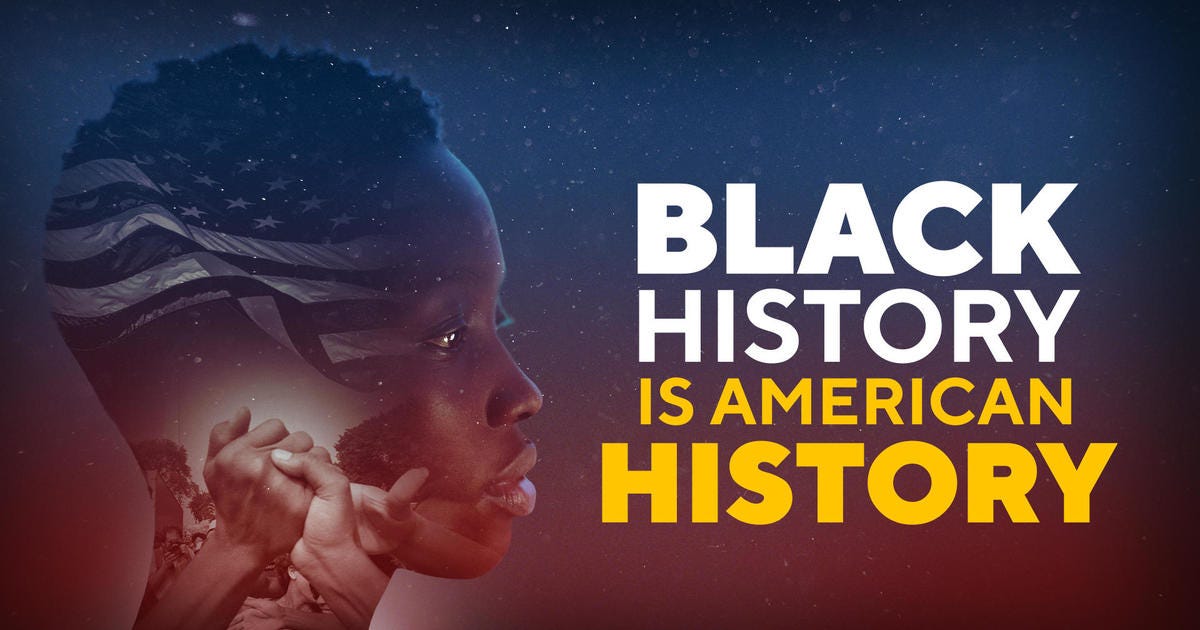As another Black History Month ends, I can’t help but reflect on how tenuous our history is, has been, and will be unless this world becomes more loving and empathetic.
My parents had me, their fifth child, in their early forties.
They were born in the twenties, a time when they had to drink from “colored only” water fountains, their right to vote was insecure, and they had to sit in the back of buses while knowing that they might have to give up that seat to a White person.
Such was the Jim Crow South.
Their parents, my grandparents, were born at the end of the 1800s. They were born just as Reconstruction gains were being erased. All-White mobs terrorized Blacks as the Ku Klux Klan. Black governors, senators, and congressmen were removed from office and replaced with Whites.
This was the beginning of the Jim Crow South.
My grandparents’ parents, my great-grandparents, were likely born into and lived most if not all of their lives as slaves.
Human chattel worked from sunup to sundown, uneducated, and denied basic necessities.
I love genealogy. I want to learn and understand my heritage.
Genealogy is a popular pastime, but for Black Americans, it can be a source of anger and frustration.
We can only go so far in tracing our ancestry because at some point, the wall that slavery built, the veil that hatred birthed, covers the path backwards, leaving us dissatisfied and disaffected.
At almost sixty-one, I have some understanding of my heritage.
But as a Black American, I do not fully know who I am.
My ancestral origins, as it is with most Black Americans, are largely unknown and likely to remain that way.
Because of slavery.
Because one group of humans thought itself better than another group of humans.
And even with slavery’s demise, 2024 finds us dealing with the same issues we’ve always dealt with – a literal and figurative whitewashing of history, a lack of transformative compassion and empathy for every manner of societal difference.
We still engage in hatred, the most vicious kind of self-defeating, self-destructing behavior.
We don’t know how to live with each other.
We don’t know how to love each other.
I ask myself why, and the only reason that makes sense to me is that we don’t love ourselves.
Maybe we question our existence on such a deeply subconscious level that we can’t love anyone who doesn’t look, love, pray, or think like us.
We are such tragic creatures that we understand the reasoning behind sixty-four colors of crayons, while also believing that humanity must look, act, and think the same.
Black History is history, but we highlight it lest it be erased.
All of humanity must be cognizant of who we are and where we come from in order to understand where we are, because knowing who we are and where we come from helps us to determine how to get to where we want to go.
History should be history, but we do not live in a world where things are as they should be.
It shouldn’t be necessary to categorize Black History, but it is.
Just as it is necessary to point out that Black Lives Matter.
White history is not history. It is as artificial as the concept of race.
In the age of stupefying technological breakthroughs, we are less compassionate, less aware, and more socially and philosophically ignorant than ever.
We are one whether we believe it or like it.
What was done, is done, will be done to one affects us all.
There is no human achievement that will counteract human suffering, other than learning how to extend love, grace, and mercy to everyone, regardless of differences.

